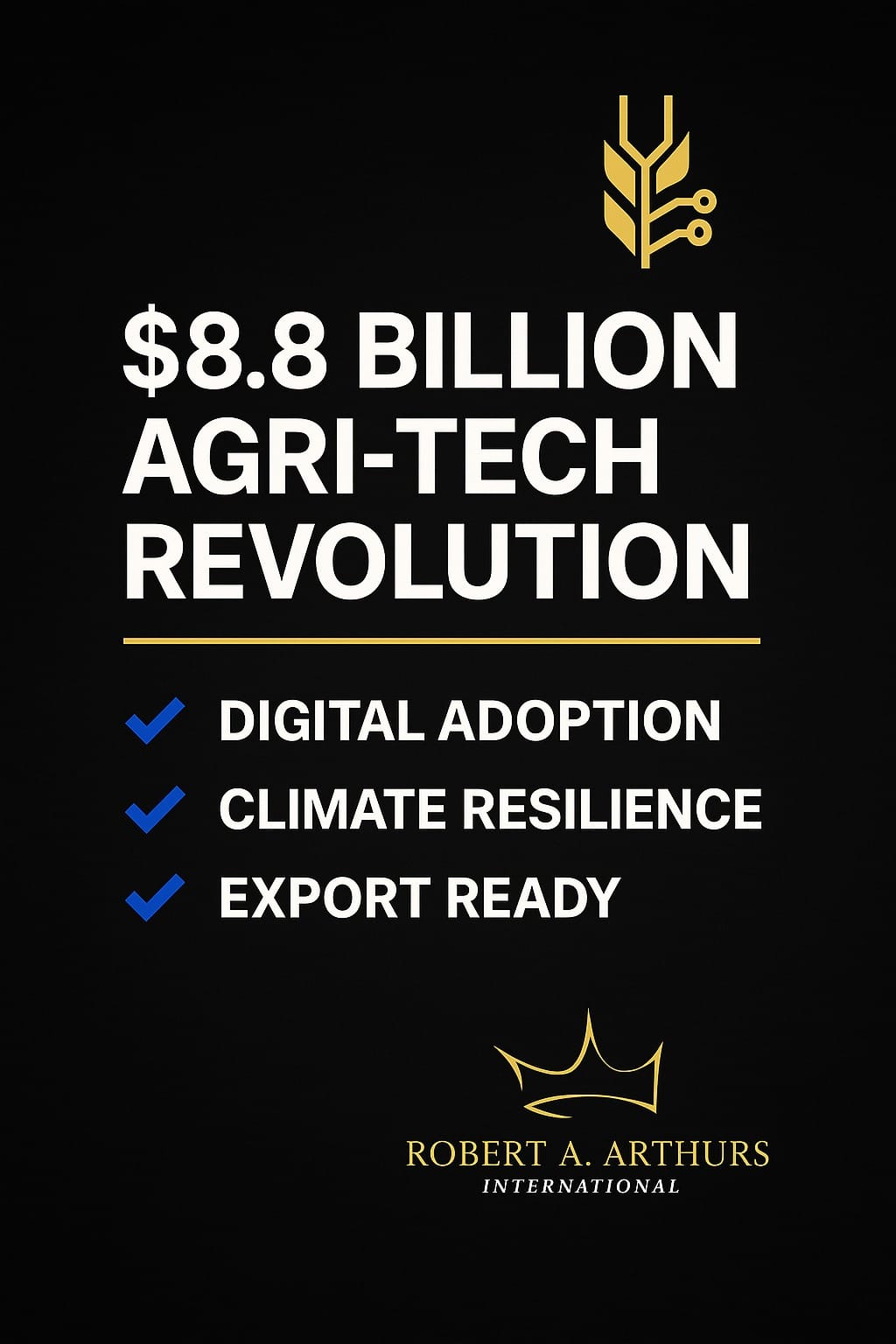The Canadian agri-tech market is tripling in value
After 36 years in global trade and business development, I've watched countless industries transform , but what's happening in agricultural technology right now is different: it's faster, more urgent, and backed by unprecedented capital.





